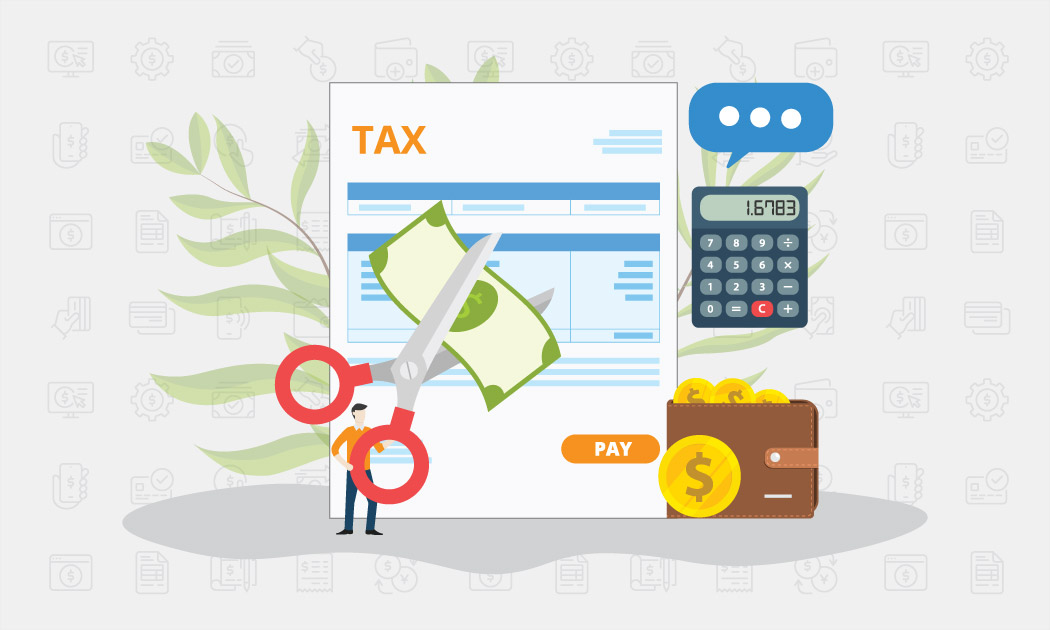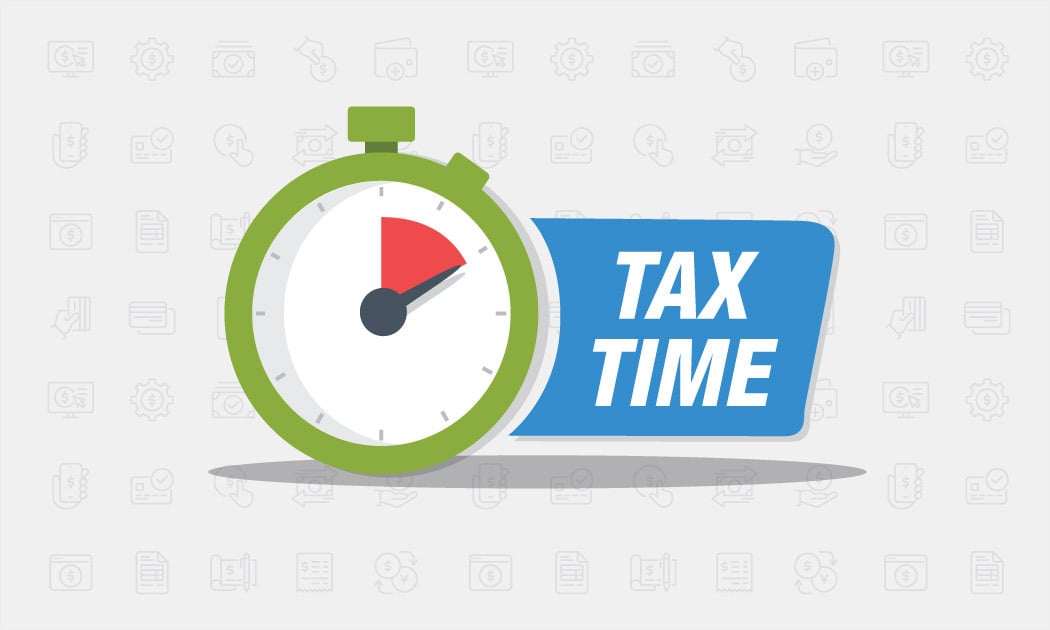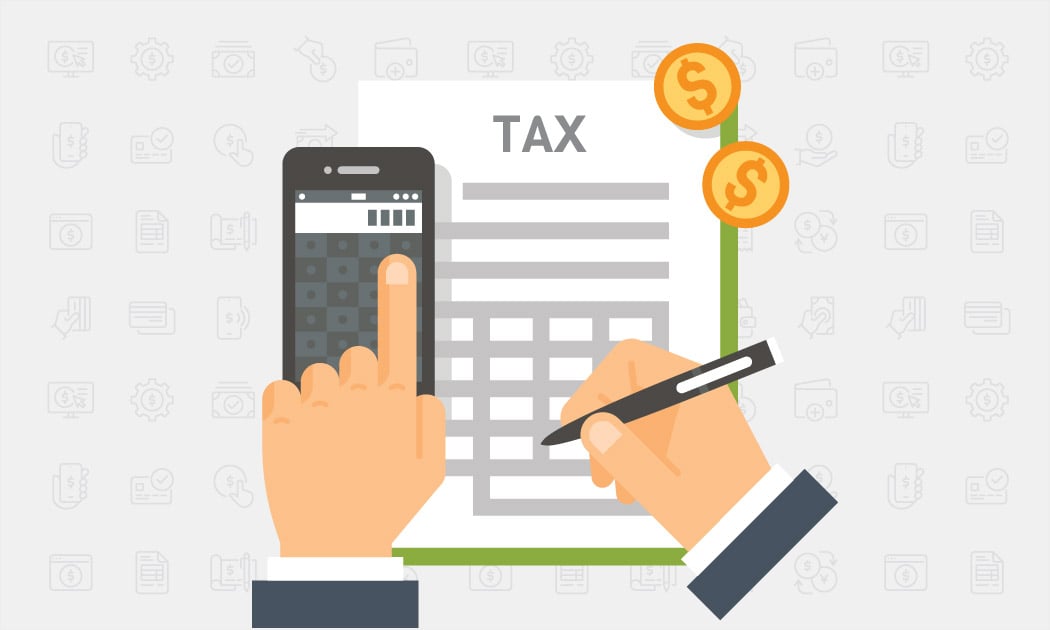The Payroll Blog
News, tips, and advice for small business owners
- Home
- Resources
- Payroll Blog
- Top Tax Deductions for Small Business Owners
10 Top Tax Deductions for Small Business Owners
Reduce your taxable income, increase your tax refund, and save money during the 2023 tax season with these 10 small business tax write offs.

Tax season is right around the corner. As a small business owner, you’re probably joining millions of others across the nation searching for ways to lower your tax bill or increase your tax return in 2023.
Here’s some good news: Many expenses count as tax write offs for your small business.
Check out our complete guide to small business tax deductions to discover the top tax deductions for small business owners and self-employed individuals below.
What is a Tax Deduction?
Tax deductions, also called tax write offs, are a tax incentive. A tax deduction is an expense that is subtracted from your income.
When you reduce your taxable income with tax write offs, it reduces the taxes you owe.
Learning which expenses are tax deductible and how to submit tax write offs correctly offers the best way to get a tax break in 2023.
How to Write off Business Expenses
With so many ways to save money during tax season and the abundance of business expenses you can write off, it’s essential to understand:
- what qualifies as a business expense,
- who qualifies for business expense deductions, and
- how to write off business expenses.
As a rule of thumb, small business owners can deduct an expense from their taxable income if the expense follows the “ordinary and necessary” rule.
That means to write off a business expense it must be considered both:
- ordinary, defined by the IRS as common or expected in your industry, and
- necessary, defined as helpful and appropriate for your type of business.
Check the IRS website for additional details.
From office supplies to rental cars, a many business expenses fall into the “ordinary and necessary” category. That’s why it’s important to familiarize yourself with common tax write offs for business owners.
Check out our tax deductions list for business owners for valuable tax breaks so you can save money in 2023.
Top Small Business Tax Deductions
1. Home Office Tax Deductions
You may be able to file a home office deduction if you use work from home space regularly and exclusively for your business. The IRS allows you to deduct $5 for every square foot of your office, which could help offset costs related to internet, insurance, electricity, and mortgage or rent.
However, if the room doubles as a guest or workout room, it will not qualify as a deductible home office expense.
Once you determine your home office meets these strict guidelines, check the IRS Home Office At A Glance page for specific details about how to write off your home office expenses.
2. Advertising and Marketing Tax Deductions
Marketing and advertising are essential to small business success. In addition to helping your business grow, many of the costs associated with promoting your business are tax deductible.
That means things like a website or professional Facebook page can be advertising and marketing tax write offs for small business owners. Other common examples of advertising and marketing tax deductions include business cards, direct mail pieces, billboards, and online ads.
To maximize your tax break, make sure to keep track of everything you use to market your business.
3. Office Supplies Tax Deductions
Keeping track of the materials you buy for your business can reduce your taxable income and maximize your tax return as a small business owner.
From computers and smart phones to pens and sticky notes, deducting office supplies and office equipment can add up quickly to help you save money.
When filing your taxes in 2023, consider writing off office equipment such as:
- computers
- smartphones
- printers
- tablets
Smaller purchases are also deductible office expenses, so keep track of office supplies like:
- paper
- pens
- pencils
- stamps
- envelopes
- sticky notes
4. Vehicle Use Tax Deductions
Whether you’re a small business owner who makes regular trips to the post office to ship packages or a self-employed contractor who drives to weekly client meetings, these trips may qualify as deductible driving expenses.
There are two ways you can claim a vehicle deduction to write off driving expenses in 2023:
- standard mileage method, where you keep track of all the miles you drive for work per year and multiply that by the 2023 standard mileage rate set by the IRS
- actual expense method, where you keep track and claim a percentage of every auto related expense for the year, including gas, maintenance, repairs, insurance, registration and loan interest.
5. Travel Tax Deductions
Expenses associated with traveling to meet clients, attend conferences or make business-related purchases can help increase your tax return in 2023.
If you want to write off travel expenses when tax season comes around, consider these potential tax deductions for business travelers :
- rental cars
- taxis, Uber and Lyft
- airfare
- accommodations
- dinner with clients
- entertaining colleagues
Even something as small as getting your clothes dry cleaned before an important meeting may qualify as a deductible travel expense. That’s why it’s best to implement a system to organize all of your travel receipts at the start of the year.
6. Insurance Tax Deductions
There are many types of insurance you can deduct from your taxes.
In fact, most forms of business insurance, including workers’ comp, general liability insurance, and commercial property insurance, can be considered “ordinary and necessary.” That means these expenses are tax deductible.
Depending on your filing status, you also may be able to write off health insurance for yourself. For example, most self-employed individuals can deduct medical insurance premiums as well as dental insurance premiums on their taxes.
Get more information about what types of insurance are tax deductible for what types of taxpayers on the IRS website before you file taxes in 2023.
7. Interest Tax Deductions
Did you know 70% of small businesses have outstanding debt? Although high interest rates can make paying off debt challenging for small business owners, the IRS typically considers any interest paid on business-related loans as tax deductible interest. Therefore, you may be able to:
- write off commercial mortgage interest
- write off business loan interest
- write off car loan interest, if the vehicle was purchased exclusively for your business
- write off credit card debt interest, if the card was used exclusively for business purchases
Claiming interest on taxes is a great way to boost your refund. Check and follow the rules for deducting interest from the IRS.
8. Rent Tax Deductions
Small business owners can realize a tax savings when they rent space for their business. Unlike rent paid for a residence, business rent is deductible.
Whether you’re renting an entire block of buildings or a single desk in a coworking space, you can save money by writing off rent on taxes.
Check the IRS website to learn how to deduct rent correctly to get a tax break in 2023.
9. Repair Tax Deductions
Broken toilets, leaky faucets, and other damaged items in your business are not only unpleasant t, but they can also be expensive. However, you may be able to deduct repair costs when you file taxes.
The IRS has very strict rules on what it considers an “ordinary and necessary” repair. If you want to write off repairs on taxes, do your research on deductible repairs first. For example, the following type of work will not qualify:
- betterment, a repair that makes something better than it was before it needed repairs,
- a restoration, a repair that restores deteriorated property to its original condition,
- an adaptation, a repair that changes how the property or equipment is being used.
10. Legal and Professional Fee Tax Deductions
Writing off legal and professional fees is more common than you might think.
For example, you may be able to deduct fees you paid when filing taxes in 2023 if you met with a:
- lawyer
- accountant
- bookkeeper
- tax preparer
There are also a variety of specific tax deductions for legal fees. According to the IRS, small businesses can write off fees:
- that are ordinary and necessary expenses directly related to your business
- for resolving tax issues, advice or preparation of tax forms related to your business
- for rentals or royalties on properties from which you earn income
- related to whistleblower claims
- related to unlawful discrimination claims
How to Maximize Your Tax Refund as a Small Business Owner
While not an all-inclusive list of small business tax deductions, these 10 tips provide a starting point for small business owners to file smart and save money this tax season.
Before filing your taxes:
- double check small business tax deduction rules on the IRS website
- gather and save receipts and documentation in the event of an audit
- reach out to a tax professional, accountant or bookkeeper if you have questions or need additional help
Make organizing paperwork and filing taxes easier next year by integrating accounting software with a professional payroll servicer. By integrating your SurePayroll account with software from one of our accounting partners, you can:
- gain full control over your business finances all year long
- easily track income, expenses, bills, and taxes in one place
- improve the accuracy and organization of all financial reports
- remain tax compliant while still receiving your maximum refund
Learn more here.
Related Blog Posts
View Our Plans and Pricing
Small Business Is Our Business.
This website contains articles posted for informational and educational value. SurePayroll is not responsible for information contained within any of these materials. Any opinions expressed within materials are not necessarily the opinion of, or supported by, SurePayroll. The information in these materials should not be considered legal or accounting advice, and it should not substitute for legal, accounting, and other professional advice where the facts and circumstances warrant. If you require legal or accounting advice or need other professional assistance, you should always consult your licensed attorney, accountant or other tax professional to discuss your particular facts, circumstances and business needs.



